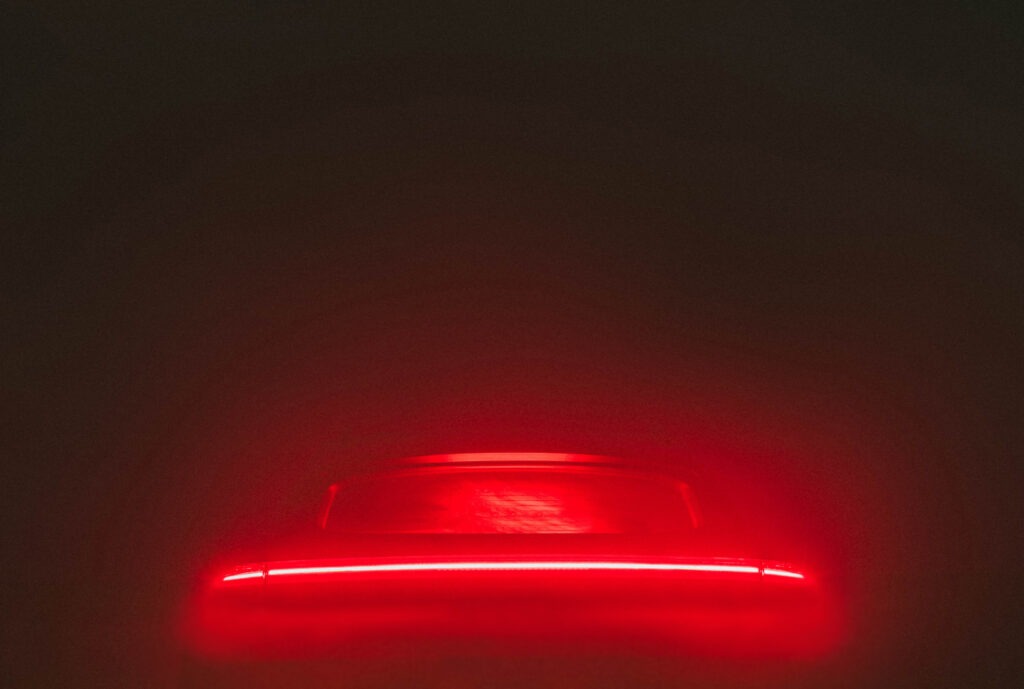Tesla and BYD do battle as competition heats up in global BEV market
16 January 2025

The BYD Seagull put pressure on the Tesla Model 3 in the global battery-electric vehicle (BEV) market. However, there has been no shortage of competition. Autovista24 editor Tom Geggus examines the latest data from EV Volumes.
Models from China continue to enjoy growing success on the global new-BEV market. This has been powered by the continued growth of plug-in vehicle sales in China. But how does this affect the worldwide figures?
In November 2024, 1.18 million new BEVs were delivered to customers across the world. This marked an increase of 22.8% on the same month in 2023. Between January and November, over 9.65 million all-electric cars took to the roads, up 14.3% year on year.
While fewer plug-in hybrids (PHEVs) were registered in comparison to BEVs, the powertrain enjoyed greater monthly and year-to-date growth. In November, 678,188 PHEVs were delivered, up 57.1% year on year. This pushed the 2024 tally to almost 5.69 million units, up 53.8%.
BEV competition from China
The Tesla Model Y took the top BEV spot in the global market during November. It reached 109,176 deliveries, down 3.1% year on year. The long-time market leader accounted for 9.2% of all BEV registrations in the month, down by 2.5 percentage points (pp) from the same point last year.
With a refreshed Model Y, codenamed ‘Juniper’ on the way, Tesla will be hoping to enjoy renewed success with its popular BEV. The model has already racked up pre-orders in China, with production locations primed in California, Shanghai, Texas, and Berlin.
BEVs from China once again accounted for eight of the top 10 best-selling BEVs worldwide. Leading this charge was the BYD Seagull, known in some markets as the BYD Dolphin Mini. It recorded 59,404 deliveries in the month, up 33.2% year on year. This pushed its market share up by 0.4pp to 5%.
The Tesla Model 3 came third in November, moving up from fifth in October. Deliveries of the BEV increased by 3.5% year-on-year to 56,561 units. Despite the positive move, the saloon’s market share fell by 0.9pp to 4.8%.
The Wuling Mini fell one place to fourth month on month, recording 34,785 registrations. This equated to a sizeable increase of 51.3% on November 2023. The model’s market share grew as well, from 2.4% to 2.9%.
Dropping deliveries and shares
The BYD Yuan Plus, also known as the Atto 3, finished in fifth. Deliveries of the model fell by 6.5% to 31,057 units. This meant its market share dropped by 0.8pp to 2.6%. The car is expected to get a facelift in China soon, following its Australia update.
The Wuling Bingo came next with 27,355 registrations, up 13.9% year on year. However, its market share dropped from 2.5% to 2.3%. The Xiaomi SU7 came seventh with 23,156 units, capturing 2% of the market.
The BYD Yuan Up was not far behind. It saw its first deliveries in March 2024, one month before the Xiaomi SU7. BYD’s crossover SUV recorded 21,883 registrations and a market share of 1.8%.
Closer still was the BYD Dolphin, which also made up 1.8% of BEV volumes. However, this confirmed a drop in demand for the model as it held 4.3% of the market a year ago. Its 21,565 registrations dropped by 47.8% year on year.
In 10th, the Geely Geome Xingyuan reached 20,038 units with a share of 1.7%. It managed this feat in a short stint, arriving on the market in September 2024.
Competition catching up
Between January and November, Tesla ruled the BEV leaderboard. The Model Y continued to reign supreme, delivering over one million vehicles in the 11-month period. This performance meant it captured 10.8% of the BEV market. Next came the Tesla Model 3, recording 470,975 registrations after its refresh and capturing a 4.9% market share.
However, the BYD Seagull drew closer to the top two, thanks to its positive result in November. It moved 437,310 units, accounting for 4.5% of global deliveries as it kept third place. As in last month’s report, the Seagull was the first of seven Chinese BEVs in the global top 10.
The BYD Yuan Plus continued to hold on to fourth, with 326,626 units sold, taking a 3.4% share. The Wuling Mini was fifth with 223,427 deliveries and made up 2.3% of the global BEV market. The BYD Dolphin recorded 201,945 registrations in sixth, making up 2.1% of the market.
The Wuling Bingo was not far behind with a 1.9% market share and 184,526 deliveries. Then came the Aion Y with a 1.6% share and 150,070 units in eighth.
The first movement in the table occurred in ninth, as the Volkswagen ID.3 moved up one spot with 136,505 registrations. It claimed 1.4% of the global BEV market, the same as the BYD Qin Plus in 10th. However, the Chinese model recorded 135,050 sales, as it had a weaker November than its German competitor.
BYD nears PHEV-table takeover
BYD enjoyed an excellent month, as its sales of PHEVs continued to climb. The carmaker once again filled seven of the top 10 global sales positions for the powertrain in November. The BYD Song, also known as the Seal U, took first with 58,632 deliveries, up 12.1% year on year. However, this meant a smaller market share of 8.6% compared with 12.1% in November 2023.
The BYD Qin L took second with 33,948 sales, and a 5% market share. The BYD Seal 06 finished in third with 30,354 registrations, as it made up 4.5% of the market. The BYD Qin Plus DM-I came fourth moving 27,897 units, down 3.7% year on year. This meant its market share dropped by 2.6pp to 4.1%.
The Li Auto L6 made up 3.6% of the global PHEV market with 24,318 registrations. The BYD Song L was close behind in sixth. It reached 24,171 sales and took the same market share of 3.6%.
The BYD Destroyer 05 recorded 20,810 sales, equating to a large year-on-year increase of 249.7%. This meant its market share increased by 1.7pp to 3.1%. The BYD Han was close behind in eighth with 20,121 units. It made up 3% of all global PHEV sales in the month, up 5pp.
Then came the Aito M9 in ninth with 14,883 sales and a 2.2% market share. It was followed by the Deepal S7 in 10th, which saw a 107.9% increase in sales to 14,281 units. It claimed 2.1% of the market, up from 1.6% a year prior.
BYD beats competition
BYD’s PHEV success was reflected in the results between January and November. The market-leading BYD Song recorded 572,759 sales and made up 10.1% of all global PHEV sales. In second, the BYD Qin Plus DM-i posted 306,367 deliveries, making up 5.4% of the market. In third place, the BYD Destroyer 05 saw 216,572 sales, with a market share of 3.8%.
The first movement in the top 10 was achieved by the BYD Qin L. It took fourth place with 199,529 registrations, capturing 3.5% of the market. Meanwhile, the Aito M7 slipped down a place from October, holding a share of 3.2% after recording 179,925 deliveries.
The BYD Seal 06 finished sixth with 172,096 sales, making up 3% of the global PHEV market. It was followed closely by the Li Auto L6 with a 2.9% share and 164,488 sales.
The final three positions in the table were close. The BYD Han was able to climb up a position to eighth. It recorded 134,340 sales and represented 2.4% of the market. The Li Auto L7 fell to ninth, hitting 129,800 sales and taking a 2.3% share. Finally, the Aito M9 held a 2.2% share with 125,831 registrations.




